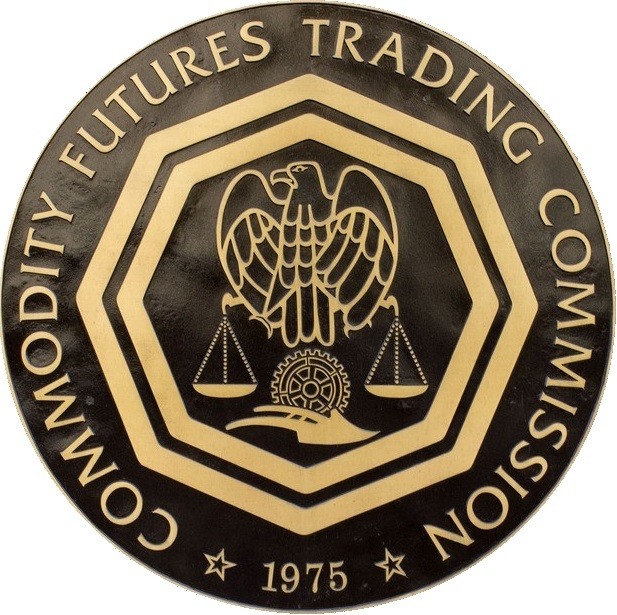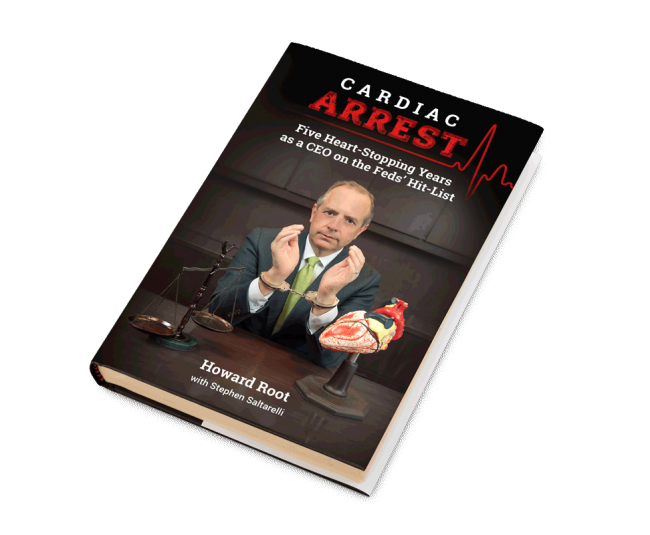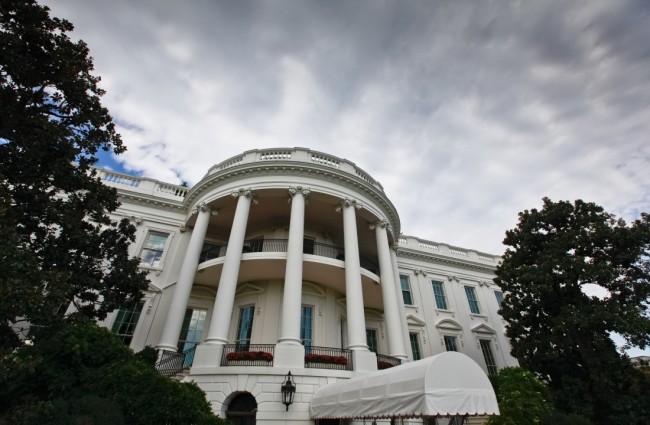Show posts for: White Collar Crime
-
 Read more
Read moreRecently, from March 2-4, almost 1,000 judges, federal prosecutors, federal public defenders, regulators, private practitioners, general counsel, and academics gathered in San Francisco for the 37th Annual American Bar Association National Institute on White Collar Crime. As the premier conference in the white collar legal space, assembling key stakeholders, it is unsurprising that both Attorney General Merrick B. Garland and Assistant Attorney General, Criminal Division Kenneth A. Polite Jr., chose the National Institute to unveil the Department of Justice’s prosecution initiatives for the Biden Administration. In keynote addresses, both AG Garland and Criminal Chief Polite made clear in their remarks that white collar prosecutions are their top priority. While the DOJ’s focus on such prosecutions waxes and wanes, AG Garland declared that it is indeed “waxing again,” with a Congressional budgetary request of $36.5 million to hire an additional 120 prosecutors and $325 million to fund more than 900 agents to combat pandemic-related fraud and to redouble efforts to prosecute white collar crime of all varieties.
-
 Read more
Read moreWhen investigating potential wrongdoing, government investigators have powerful tools that they can use to obtain information. As the U.S. Attorneys’ Manual explains, one such tool is the ability to enter into non-prosecution agreements (NPAs) in exchange for cooperation from companies and individuals.
For example, if a corporate executive has valuable information to offer in a criminal investigation of his employer or other employees, the DOJ can enter into an NPA with that exec, agreeing not to prosecute him or her in order to secure the information.
-
 Read more
Read moreWhen an executive becomes embroiled in a dispute with an employer, the executive tends to take it personally. And when the executive’s conflict is with the government, the executive’s sense of outrage ratchets up even more.
Case in point: the new book from former Vascular Solutions, Inc., CEO Howard Root, titled Cardiac Arrest: Five Heart-Stopping Years as a CEO On the Feds' Hit-List. As the subtitle suggests, Root spent five years under investigation by the Department of Justice in connection with allegations that his company, VSI, engaged in off-label marketing of a medical device for the treatment of varicose veins known as the “Short Kit.”
-
 Read more
Read moreAs a new administration arrives in the nation’s capital amid heightened scrutiny over conflicts between government service and personal business interests, a little-used law—the Stop Trading on Congressional Knowledge Act (the “STOCK Act”)—is deservedly getting renewed attention.
Although enacted in 2012 primarily to eliminate the then-existing doubt that insider trading prohibitions applied to congressional members and their staff, the STOCK Act also explicitly confirmed the ban on insider trading by members of the executive (and judicial) branch as well.
-
 Read more
Read moreSergey Aleynikov, a former computer programmer at Goldman, Sachs & Co., has been on a legal roller coaster for the past few years. In the span of few days, that roller coaster plummeted steeply—twice.
First, on January 20, 2017, the Delaware Supreme Court affirmed a trial court decision that Aleynikov could not recover advancement and indemnification for the legal expenses he is incurring in defending himself against counterclaims brought by two Goldman Sachs entities in New Jersey federal court.
Then, on January 24, a New York appellate court reinstated a jury verdict finding Aleynikov guilty of misappropriating computer code from Goldman.
-
 Read more
Read moreAn employee who is accused of participating in corporate wrongdoing can face potentially life-changing choices almost immediately. When a company learns of alleged wrongdoing, it is likely to start an internal investigation into the misconduct. As part of the investigation, attorneys or other investigators will seek to interview those with relevant knowledge, including employees who are allegedly involved in the wrongdoing.
When that happens, the employees face a critical choice: do I stay silent, or do I talk to the investigators? If the employees refuse to talk, they could be fired; if they do talk, the government could use their statements against them in a criminal case.
-
 Read more
Read moreWhen a company learns that its employees may have done something unlawful, it should try to get the facts and figure out whether wrongdoing actually occurred. One way to do this is to conduct an internal investigation, in which attorneys or other investigators collect documents and interview employees to gather information about what happened.
But what happens when employees refuse to cooperate? Can they be fired and denied severance benefits that would otherwise have been due?
-
 Read more
Read moreWhen the Department of Justice announces new guidance for individual and corporate prosecutions, the white collar bar takes notice.
Thus, in September 2015, when the Department of Justice released a memorandum titled “Individual Accountability for Corporate Wrongdoing”—now colloquially known as “the Yates Memo” because it was authored by Deputy Attorney General Sally Yates—almost everyone had something to say about it.
The Yates Memo seeks to increase the emphasis on individual accountability for corporate wrongdoing from the outset of a government investigation. It sets forth six steps to strengthen pursuit of individuals by criminal and civil prosecutors, including requiring corporations to lay out all relevant facts related to individual misconduct in order to obtain cooperation credit.
-
 Read more
Read moreIn our last post, we discussed the recent decision Luis v. United States, in which the Supreme Court held that innocent assets are out of the government’s reach prior to trial. Justice Elena Kagan’s short but notable dissent in Luis addressed the issue of whether the government should be able to reach a defendant’s assets at all, allegedly “tainted” or not, prior to conviction.
-
 Read more
Read moreEvery defendant is presumed innocent until proven guilty in a court of law. And the Sixth Amendment to the Constitution provides a defendant has the right to counsel of his or her own choosing. These rights are foundational to our criminal justice system.
However, prior to the Supreme Court’s decision yesterday in Luis v. United States, the government was able to undermine these basic rights. In cases involving conspiracy, healthcare fraud, and banking fraud, federal statutes allowed the government to seek a pretrial restraining order preventing defendants from using their innocently obtained assets to retain counsel.
As the regulatory and business environments in which our clients operate grow increasingly complex, we identify and offer perspectives on significant legal developments affecting businesses, organizations, and individuals. Each post aims to address timely issues and trends by evaluating impactful decisions, sharing observations of key enforcement changes, or distilling best practices drawn from experience. InsightZS also features personal interest pieces about the impact of our legal work in our communities and about associate life at Zuckerman Spaeder.
Information provided on InsightZS should not be considered legal advice and expressed views are those of the authors alone. Readers should seek specific legal guidance before acting in any particular circumstance.
Contributing Editors

John J. Connolly
Partner
Email | +1 410.949.1149

Andrew N. Goldfarb
Partner
Email | +1 202.778.1822

Sara Alpert Lawson
Partner
Email | +1 410.949.1181

Nicholas M. DiCarlo
Associate
Email | +1 202.778.1835




